Scope of International Politics:
The scope of International Politics or International Relations has been very nicely presented by Frederick S. Dunn in his well-known book World Politics. It is here worthwhile to summarize the same and discuss it in the following manner-
(1) International Relations (IR) may be looked upon as the actual relations that take place across national boundaries, or as the body of knowledge which we have of those relations at any given time.
The latter is always more restricted in extent than the former, and its contents will depend, among other things, upon the intellectual trends of the times and the point of view and purpose of the observer.
(2) As a branch of learning, IR consists of both a subject matter and a set of techniques and methods of analysis for dealing with new questions.
The subject matter consists of whatever knowledge, from any sources, may be of assistance in meeting new international problems of understanding old ones. It includes both general knowledges about the behaviour of political groups of individuals and particular information bout events or policy questions.
(3) The distinguishing characteristic of IR as a separate branch of learning is found in the nature of the question with which it deals.
IR is concerned with the questions that arise in the relations between autonomous political groups in a world system in which power is not centred at one point.
(4) An IR analyst is one who purports to have some skill in dealing with the question that arises out of the relations of nations.
The core of his interest lies in conflict, adjustment and agreement of national policies. When he concerns himself with related subjects, such as demography, anthropology and sociology, it is to the extent that these throw light on international questions. This distinguishes his interest in these fields from that of professional demographer, anthropologist or sociologist.
(5) The technical knowledge of IR is not merely the extension to a wider geographical scale of knowledge of social relations inside the national community but has unique elements of its own.
(6) Since the questions with which IR deals arise primarily out of social conflicts and adjustments, its approach is in large parts instrumental and normative in character.
IR is concerned primarily with the knowledge that is relevant to the control and improvement of a particular set of social conditions. Its goal is not merely knowledge for its own sake but knowledge for the purpose of moulding practical events in the desired direction. In this sense, it is a policy science. As such it does not differ from traditional politics, economics, jurisprudence, and similar social disciplines, all of which had their origin in a desire to improve a particular segment of social relations.
(7) The normative character of IR refers to the kinds of questions dealt with and does not imply that the subject matter is associated with any particular ideal conception of the international community.
(8) Foreign policies can only be understood in the light of the knowledge of the internal ideal condition of the states involved.
In general, however, it is not possible to understand the course of international events without a careful study of the local factors and influences that enter into the formation of national policies.
(9) All international relations can be described in terms of decision making by identifiable individuals of groups or individuals.
This reveals the fact that the study of IR is basically the study of human behaviour in a particular social setting.
(10) By focussing on decision-making it is possible to devise ways of improving the chances of getting more intelligent decisions.
The study of decision-making reveals the specific kinds of skills and talents needed in staffing the government service. It indicates the kinds of training that should be undertaken by those who intend to follow professional careers in the field. In addition, it helps us to understand the extent to which the personality and predispositions of the decision-maker enter into his choices of action.
(11) It is equally important to study the process of decision-making in other countries.
Decision-making in IR generally involves the interaction of the officials of two or more states. Agreements are facilitated by a knowledge of the factors and considerations that influence the policy-makers of other countries.
(12) The average decision-maker tends to operate on the basis of a speculative model of the general type of decision-makers from other communities he expects to meet in international negotiations. The accuracy of this model determines to a large degree his success in achieving his objectives.
(13) The question “What is the scope of IR as a body of knowledge?” is different from the question “what is the proper scope of an educational programme in the subject?”
The kind of programme to be offered by any particular institution should depend primarily on whether its aim is to offer IR as a cultural subject or to train professionals, or both.
(14) As a cultural subject, the aim should not be to turn out skilled decision-makers but to introduce the students to the general field and the methods available for analyzing its problems.
The subject matter of IR has high cultural value both in teaching the ways of effective thinking and in enabling the student to come to terms with an important part of his environment. As a citizen in a democracy, he is constantly faced with the necessity of arriving at sensible opinions on questions of foreign affairs.
(15) As professional training for those who intend to follow careers in the field, IR contains an essential core of five subjects- international politics, international economics, international law and organization, diplomatic history, and political geography. In addition, it calls for some knowledge of the socio-psychological subjects- sociology, anthropology, psychology and social psychology, and ethics.
We must conclude with Fredrick S. Dunn’s statement that the IR analyst must acquire enough knowledge of the core subjects to enable him to move freely across the boundaries that separate them and to be able to think effectively about the whole questions. In addition, he should have mastered at least one of the accepted disciplines so that he may become familiar with the basic intellectual virtues. Only after such training will he become sensitive to the need for maintaining the highest standards of rigorous scholarship if IR is to earn its place as a useful branch of higher learning.
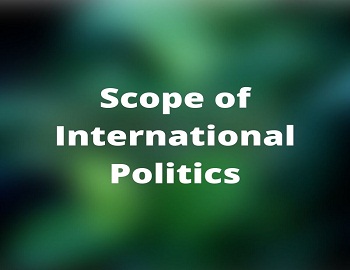
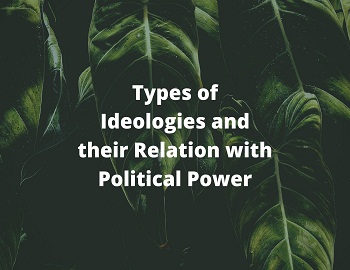



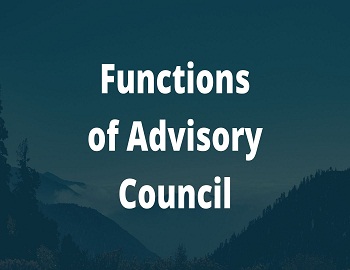
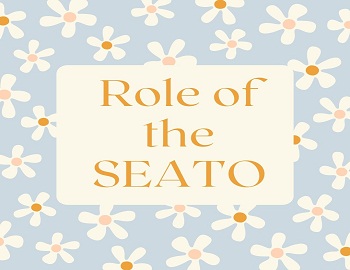

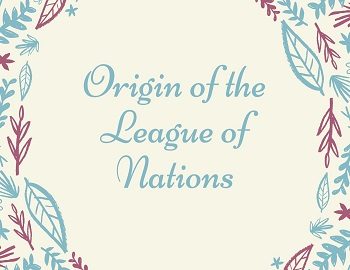
Comments (No)